God’s Christmas Wish
God’s Christmas Wish
Finding myself deep in the throes of holiday madness recently, a short phrase spoken by a house guest caused me to stop and think about where my focus is this Christmas Season.
“We want as much as we can get. All dogs want are the crumbs.”
Among the busyness that comes with the holidays are many suggestions for the gift-giving season. As a child, I recall giving my parents my gift wishes in not-so-subtle ways. I circled toys in catalogs and newspaper ads, as a blatant way of letting them know all I hoped for that Christmas. I have lovely memories of how my children voiced their wish lists, and I am enjoying how creativity is growing with each new generation.
Fixing our eyes on the birth of Christ becomes complicated when the commercialization of Christmas is all around us. Somewhere, at some point, there needs to be a balance. After all, God gave us the best Christmas gift ever, and doing the same for our families is good. Keeping our hearts aligned with God in the process is even better.
I never imagined such a profound statement coming from giving our dog apple pie crumbs. The truth in those words echoes in my heart days later. At this time of year especially, we do want as much as we can get, and if you think about it, the little dog considers the crumbs a full-course meal. I don’t think I will ever look at a piece of apple pie the same, and if my little dog plays her cards right, she may end up with a whole slice!

What would this look like if we flipped the circumstances just a little? Would crumbs be enough in everything we pray for or desire from God? If God’s will for our lives is not to receive the wish list in our minds but to receive only a portion, can we be as content as the dog receiving scraps? Taking it even one step further, let’s imagine that we are holding the meal, and God is patiently waiting for us to give Him a portion—how much are you willing to give God? Are you offering only crumbs or the entire piece?
A relationship with God requires opening your heart and giving God your time and energy. We put forth all of these things to the multitudes during the holidays. I never think twice about making time for shopping, baking cookies, and attending holiday gatherings. However, there are times when my prayer life suffers amidst the holiday madness. Christmas is a celebration of the birth of Christ, God’s one and only Son, given to us as a gift. It is a beautiful gift for you and me to offer our time, energy, and focus to the God who gave us life.
So how do we find that balance, the sweet spot where we can check off the holiday to-do list while staying true to our commitment to the intimacy of prayer? The obvious would be to put God first. This is easier said than done when our minds focus on everything else. Perhaps a written wish list between you and God might do the trick. Consider what God might wish for you, and then offer your requests prayerfully each day. Actions such as these will help to keep your heart and mind focused on involving God in the holiday preparations.

As you wrap presents and tie beautiful bows this holiday season, offer a prayer or two for God’s children who are happy and content with what little they have. Pray for the desire and grace to be satisfied with what God has given you, and perhaps drop a crumb or two to the little dog waiting at your side; God is right there with them.
Copyright 2023 text and dog photo: Kimberly Novak
Other Images: Canva

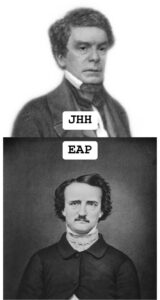 It is interesting to note that, during his life here on earth, John Hill Hewitt possessed the uncanny ability to be in the foreground of American History. He was present for the maiden launch of the first Fulton steamboat. He was in the room when Samuel Morse sent the first telegraph message over the Baltimore-Washington line with the famous message, “What hath God wrought.” He mingled and was personally acquainted with the likes of Henry Clay, John Tyler, Jefferson Davis, Davy Crockett, Walt Whitman, and … Edgar Allan Poe.
It is interesting to note that, during his life here on earth, John Hill Hewitt possessed the uncanny ability to be in the foreground of American History. He was present for the maiden launch of the first Fulton steamboat. He was in the room when Samuel Morse sent the first telegraph message over the Baltimore-Washington line with the famous message, “What hath God wrought.” He mingled and was personally acquainted with the likes of Henry Clay, John Tyler, Jefferson Davis, Davy Crockett, Walt Whitman, and … Edgar Allan Poe.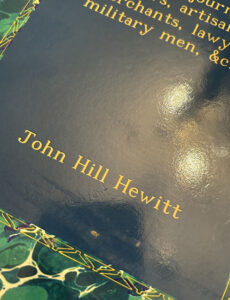

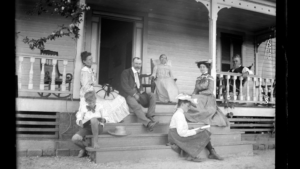 It would be lovely to come home from Mass and simply enjoy celebrating God with my family and friends over a meal. My husband and I like to watch old black-and-white television programs, where families are often depicted attending church service on Sundays and then relax on their front porch, carelessly and effortlessly enjoying the day of rest. I guess observing the Lord’s Day in past generations proved a little easier to do. I wonder what it would feel like if, in today’s culture, we made a considerable effort to set this day aside for the one who created us.
It would be lovely to come home from Mass and simply enjoy celebrating God with my family and friends over a meal. My husband and I like to watch old black-and-white television programs, where families are often depicted attending church service on Sundays and then relax on their front porch, carelessly and effortlessly enjoying the day of rest. I guess observing the Lord’s Day in past generations proved a little easier to do. I wonder what it would feel like if, in today’s culture, we made a considerable effort to set this day aside for the one who created us.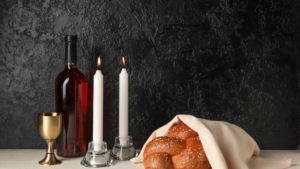


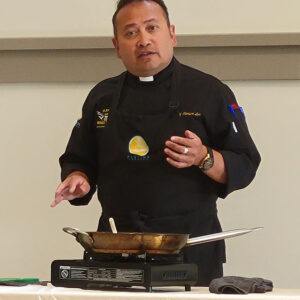
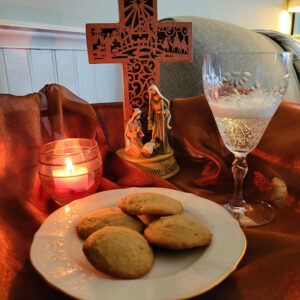
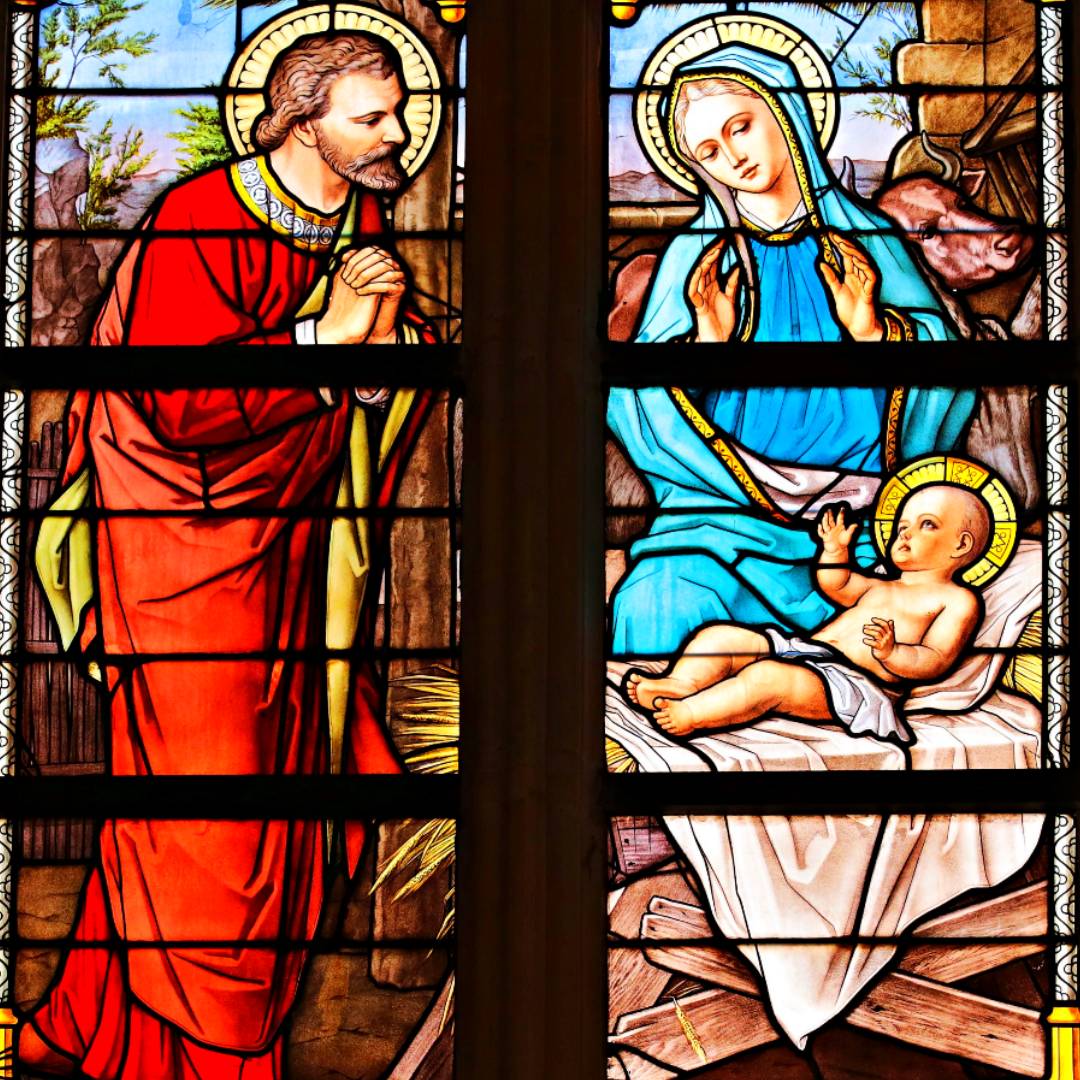
 Where is Maria Lanakila in all of this? Who is Our Lady of Victory?
Where is Maria Lanakila in all of this? Who is Our Lady of Victory?